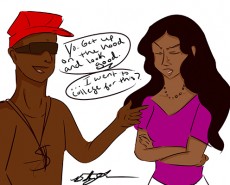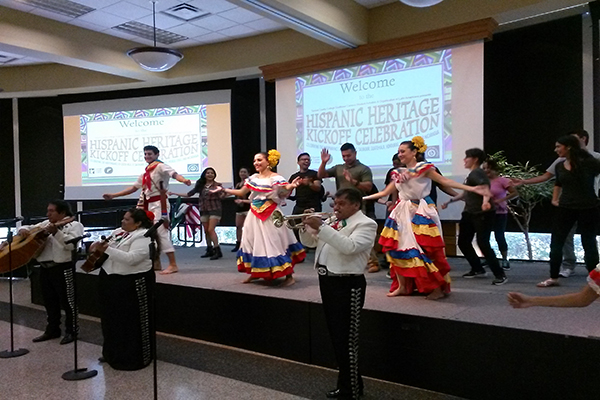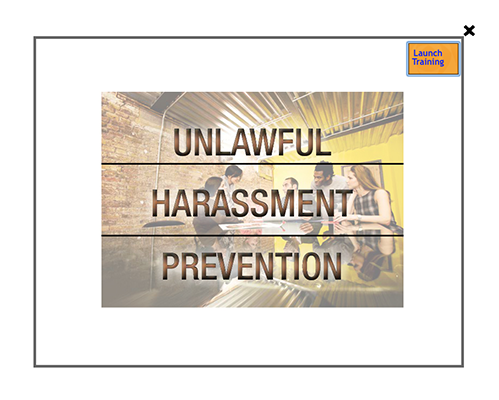Hip-hop is a genre at its peak of popularity. But while it deserves its time in the sun, its popularity is shedding light on a troublesome patch in hip-hop culture that few talk about.
With hip-hop culture given an interesting spotlight on MTV’s Video Music Awards, the role of women in the culture is obvious and equally as concerning.
Hip-hop culture thrives off an archaic idea of masculinity, one that other forms of music have already begun to dismantle, re-evaluate and ultimately redefine. Rap culture has done little to progress its definition, and the easiest way to flex one’s testosterone is through the subjugation of those they deem lesser than themselves.
To show their dominance both verbally and aesthetically, they use expensive cars, luxurious jets and grandiose claims of wealth. While they are all mandatory in mainstream hip-hop, one of the most valuable props in the genre is women.

Women become accessories and set decoration for rappers, sending a very clear message to those well outside the hip-hop culture: Women are a commodity to be obtained, controlled and dominated.
Not only are women expected to be sex symbols, but they’re also not meant to challenge the masculinity of the men they’re with.
This was shown through a Twitter beef between Drake and Meek Mill over the summer. After Meek accused Drake of not writing his own verse featured on Meek’s album, Drake took to writing two “clap-back” tracks to respond.
“Is that a world tour or your girl’s tour?” Drake said on one track, obviously belittling Meek because he’s dating famous female hip-hop artist Nicki Minaj.
Meek doesn’t make as much as Minaj. Meek is a guest on his girlfriend’s world tour. And, therefore, according to hip-hop culture, Meek is helplessly weak because his girlfriend tops the industry that barely knows him. Thanks for playing, Meek Mill.
But probably more disturbing than the sexualization and the loss of masculinity at the hands of a successful black woman is the physical abuse.
From N.W.A. all the way up to present artists like Trey Songz, Eminem and Busta Rhymes, themes of derogatory name-calling and violence are verbalized.
But in hip-hop, that doesn’t ring true everywhere. In fact, hip-hop is toted as being driven by real-life experience.
For rappers like Dr. Dre, Mystikal, DMX and Eminem, these were not just lyrics they spewed on a page and spat to a crowd every night. No, the lyrics described their lives.
Dr. Dre had an awful past with domestic abuse and violence against women, a part of Dre’s past that receives a cursory gloss-over in the biopic Straight Outta Compton.
While Dre has been out of the game until recently, it wasn’t all that long ago he produced records for Eminem to speak horrendously against his ex-girlfriend. In “Kim,” Eminem verbally depicts her violent death. For him, that might’ve been a way to release his anger without physically hurting her.
This is just a growing pain that many popular musical genres go through. Rock, at the height of its popularity could be pretty misogynistic as well. Hip-hop culture will have its epiphany. There’s just no telling how much more masculine-saturated lyrics the listener will have to endure before it does.




























